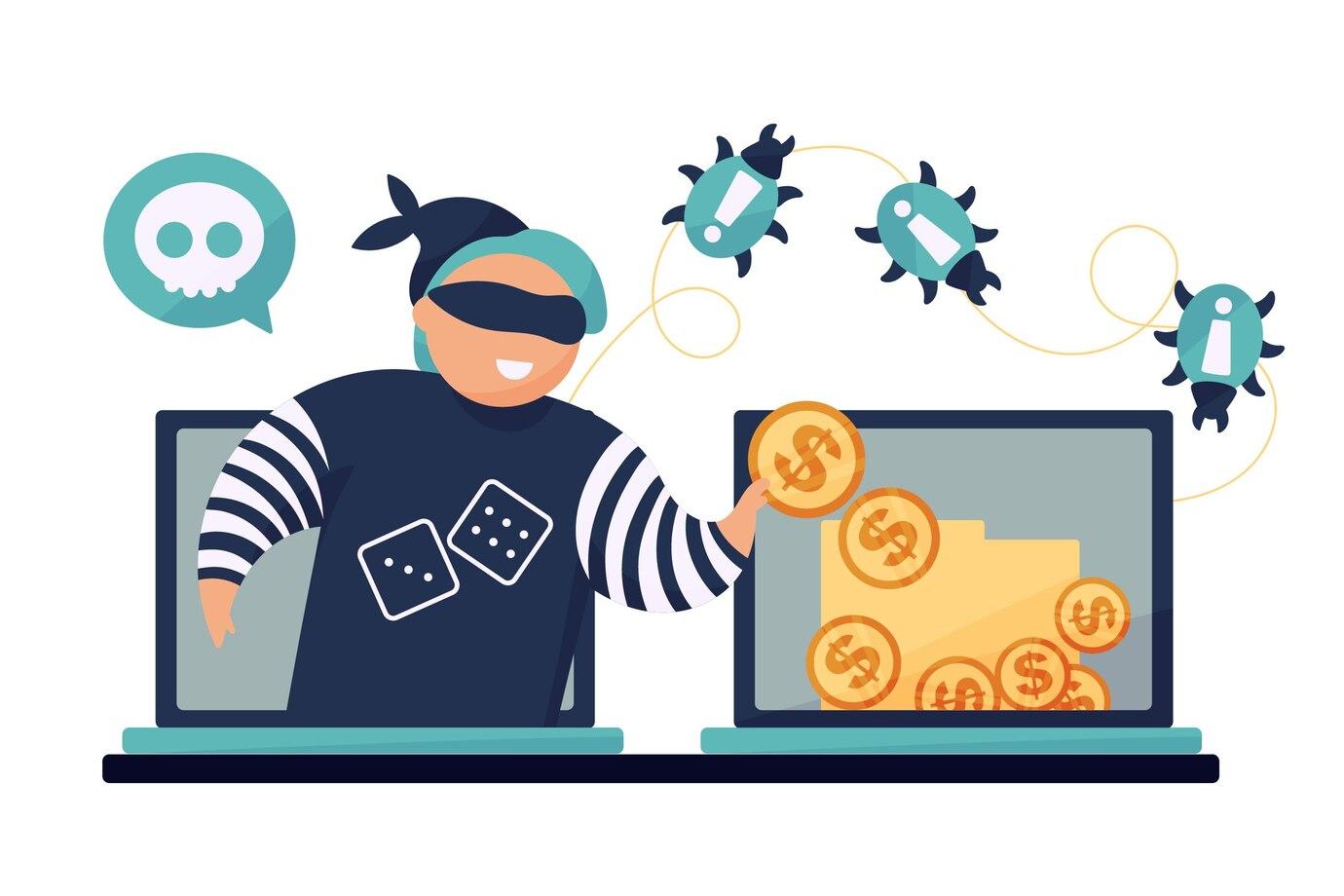Credit scammers are a serious problem faced not only by citizens of Russia but also by people around the world. In the digital age, deception and fraud with loans are becoming increasingly sophisticated.
Main Loan Fraud Schemes
There are many types of fraudulent schemes related to loans and credits. These include fake microfinance organizations, fake credit agencies, credit card scams, and more. Let's take a closer look at each of them.
Fake Microfinance Organizations
Fake microfinance organizations (MFOs) actively advertise their "services," promising quick and profitable loans. They often offer extremely low interest rates and no credit history checks. However, in reality, such a loan can turn into a serious financial trap.
Often, scammers require an advance payment – users must pay for services that will not actually be provided. After receiving the money, they disappear, leaving the victims without a loan and with lost money.
To avoid falling victim to such scammers, pay attention to the company's registration. Legal MFOs should have a license number posted on the website, and contact information should be available for verification.

Fast Loan Scams
Fast loan scams are another popular fraud scheme. Criminals set up their ads online to attract the maximum number of people in need of finances.
They often use popular platforms for posting ads or social networks, offering loans on incredibly favorable terms. As a rule, to obtain such a loan, you need to fill out a form and provide personal data. The more information they request, the higher the likelihood that it is a fraudulent scheme.
The main goal of scammers is to obtain your data for subsequent use in their personal interests.
Fake Credit Agencies
Fake credit agencies can convince you that they will help you obtain a loan by offering their services for a fee. Unfortunately, victims often do not realize that such an agency has no connection to banks or legal credit organizations.
They often show fake documents and reviews that look plausible. It is important to know that legal organizations do not require advance payment for the opportunity to obtain a loan.

Credit Card Scams
Credit card scams involve the use of fake cards or the leakage of real card data. Scammers can send credit card data to online stores, where they then make large purchases without the cardholder's consent.
It is important to monitor your bank statements and immediately report any suspicious transactions to the bank. The bank should always be aware if your data has been compromised, as they can provide protection against further losses.
Refinancing Scam
The refinancing scam is a practice where scammers convince people to consolidate multiple loans into one at a favorable rate. It seems like a solution to payment problems, but in reality, the new terms can turn out to be even more burdensome.
Some scammers create companies that allegedly specialize in refinancing. Their goal is to collect advance payments from clients hoping for a loan restructuring. After receiving payment, many of these firms close or cease communication.
It is important to understand that loan refinancing should occur in legal, verified banking institutions. If someone offers to do this bypassing legal norms, you should be cautious.

How to Protect Yourself from Credit Fraud
Knowing about fraud schemes, we can develop an effective protection strategy. A few simple steps can help minimize the risk of falling victim to credit fraudsters.
Pay Attention to the Company's Reputation
Before taking a loan, be sure to study the company's reputation. Explore various reviews and the results of checking the company through labor resources or specialized sites. Never trust only advertising announcements, as scammers often use undeservedly positive reviews.
Do Not Share Personal Data
Data such as passport details or credit card information should remain confidential. It is necessary to avoid sharing personal information on dubious resources. When applying for a loan, inquire why and to what extent this data is needed.
Check Licenses and Documents
Legal financial organizations must have licenses and permits for their activities. If you cannot find this information, you should think about whether such a company is really entitled to work with loans.
Study the Contract and Loan Conditions
Before signing the contract, carefully read all its clauses. Scammers often use small print to hide the main conditions, which may turn out to be coercive. If something raises doubts, it is better to consult with a lawyer or a financial specialist.
Request Information from Official Bodies
Contacting official bodies and government institutions can help assess the legitimacy of the organization you are about to work with. Check if the company exists in the registry and if it has been blacklisted.
Use Client Access to Banks

Many banks provide users with services to monitor their accounts and credit cards. This helps track any changes in financial transactions, preventing fraudulent actions.
Credit scammers are becoming increasingly sophisticated, and their schemes can lead to serious financial losses. To avoid losing money on loans, be attentive, study information about companies, and do not rush to sign contracts. Understanding and attention to detail are key factors in the fight against credit fraud. By observing simple precautions, you significantly reduce the risk of falling victim to fraudulent schemes. Thorough checks, attentiveness, and awareness will help you protect your finances and avoid serious consequences.


